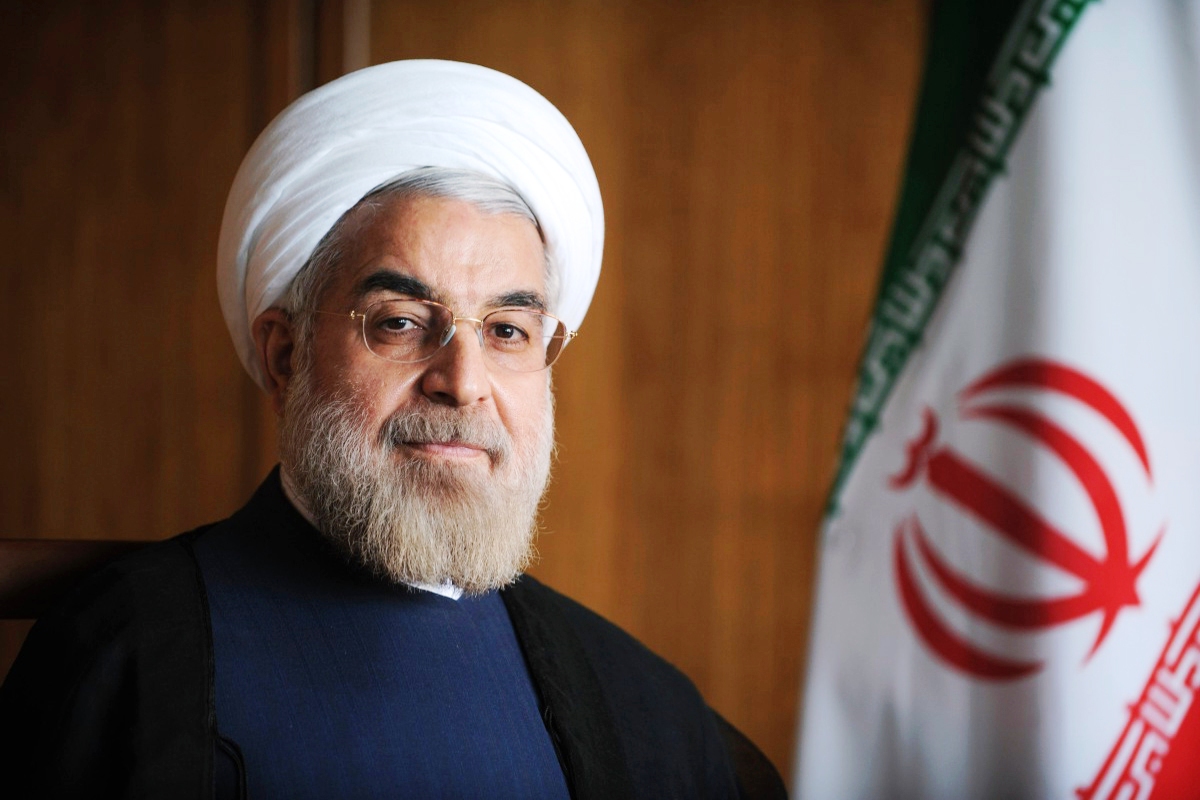Iraq’s government scrambled Saturday to rally the military and recruit volunteer fighters to combat the advance of extremist Sunni Muslim militants who’ve seized a swath of territory in the north.
Addressing military commanders in the town of Samarra, about 80 miles north of Baghdad, Prime Minister Nuri al-Maliki sought to put new fire in his troops’ bellies.
“Samarra will be the starting point, the gathering station of our troops to cleanse every inch that was desecrated by footsteps of those traitors,” he said in remarks made Friday but first broadcast Saturday.
The radical Islamists from the Islamic State in Iraq and Syria, or ISIS, seized Iraq’s second-largest city, Mosul, earlier this week and have threatened to march on the capital, Baghdad.
Although they have not yet delivered on that threat, the militants’ rapid advance — and the total collapse of Iraq’s security forces in the face of their assault on Mosul — has rocked the government and alarmed its international allies, including the United States.
U.S. President Barack Obama continues to mull his options in the light of the militants’ lightning advance — but has ruled out putting U.S. troops on the ground.
A senior security official in Baghdad told CNN on Friday that in recent days, Iran has sent about 500 Revolutionary Guard troops to fight alongside Iraqi government security forces in Diyala province.
However, Iranian officials, including President Hassan Rouhani, have denied the reports that some of its elite forces are in Iraq to help bolster al-Maliki, a fellow Shiite.
Amid the conflicting reports, a U.S. official told CNN that the head of Iran’s elite Quds force, Gen. Qassim Suleimani, was in Iraq this week.
While the exact details of what he was doing are unclear, he was believed to have been offering advice about how to stop the march of ISIS militants, the official said, on condition of anonymity in order to discuss the latest U.S. intelligence.
While leaders from Iran and the United States both want to see the militants thwarted, the U.S. State Department said Friday there were no discussions between the two countries about the situation in Iraq. The Suleimani visit was first reported by the New York Times







